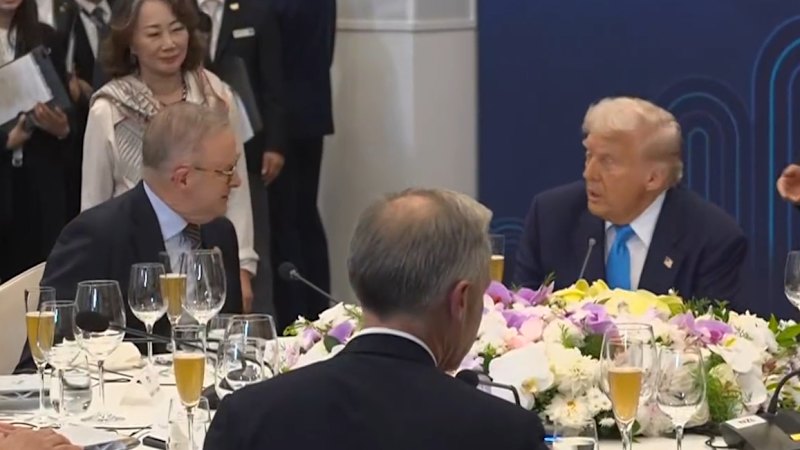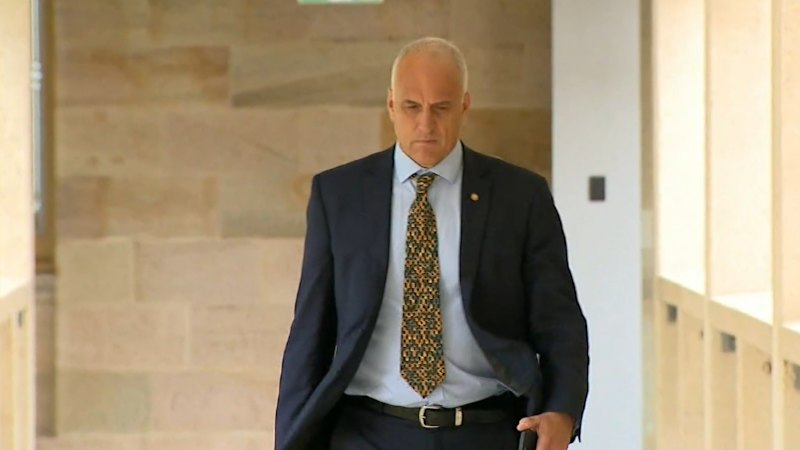
Australian Prime Minister Anthony Albanese and former U.S. President Donald Trump shared a dinner in South Korea on October 24, 2023, as diplomatic tensions rise ahead of Trump’s upcoming meeting with China’s leader. This encounter marks a significant moment in international relations, especially considering the complex geopolitical landscape involving Australia, the United States, and China.
Key Diplomatic Engagements
The dinner took place in Seoul and was characterized as a private meeting aimed at fostering dialogue between the two leaders. While the nature of their discussions has not been disclosed, the timing is crucial as Trump prepares for a high-stakes meeting with President Xi Jinping of China. This meeting is expected to address various concerns, including trade relations and regional security.
Albanese’s government has been eager to strengthen ties with the United States, particularly in the context of China’s growing influence in the Asia-Pacific region. The Australian Prime Minister has emphasized the importance of a united front in addressing both economic and security challenges posed by China.
During the dinner, both leaders reportedly discussed shared interests and strategic partnerships. While specific details remain confidential, the meeting underscores the ongoing collaboration between Australia and the United States, especially under the AUKUS pact, which aims to enhance military cooperation.
Reactions and Implications
Political analysts view this dinner as a strategic move for both leaders. For Trump, it reinforces his relevance on the global stage as he navigates his potential candidacy in the upcoming U.S. presidential election. For Albanese, aligning with a prominent figure like Trump may bolster Australia’s diplomatic presence internationally.
Public reactions have been mixed, with some praising the meeting as a necessary step in promoting dialogue, while others express concern about the implications of engaging with a controversial figure like Trump. The dinner encapsulates the intricate balance leaders must maintain in an increasingly polarized political environment.
As both leaders return to their respective political arenas, the outcomes of their discussions in South Korea could have far-reaching effects on international relations, particularly in the Asia-Pacific region. The world watches closely as these influential figures prepare to tackle some of the most pressing challenges of our time.







